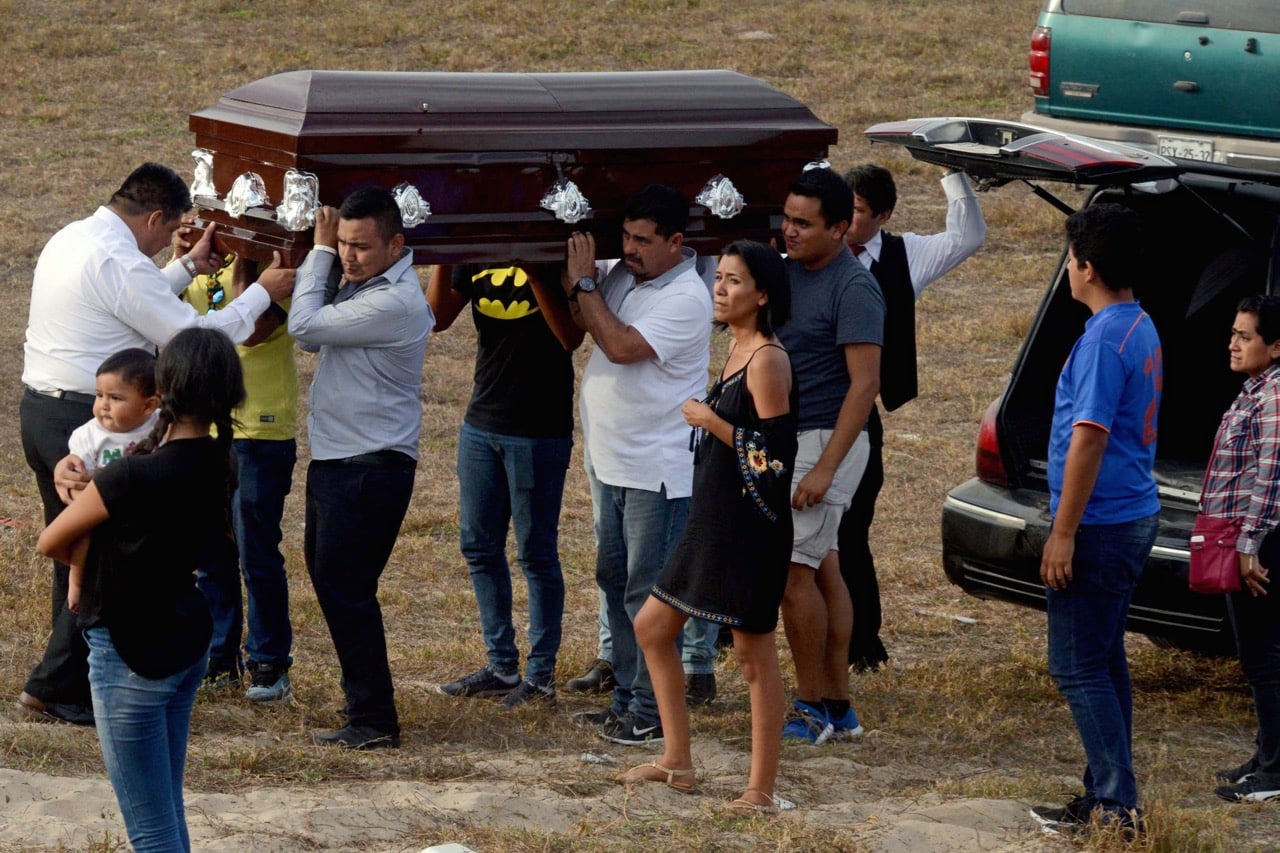Narcopolitics means that the interests of public officials and organized crime overlap. As such, it becomes an enormous risk for journalists in Mexico who report on crime and corruption.
The following is an excerpt of a 19 December 2018 CPJ blog post by Jan-Albert Hootsen, CPJ Mexico Representative.
It was 3 p.m. on January 13 when Carlos Domínguez Rodríguez stopped at a traffic light in Nuevo Laredo, in the northern Mexican state of Tamaulipas. Two men approached the car of the well-known newspaper columnist, opened the driver’s door, and stabbed him more than 20 times in front of his family.
Domínguez, 77, was the first journalist killed in Mexico in 2018. CPJ has determined that at least four journalists–including Domínguez–were murdered in direct reprisal for their work there this year, and are investigating the murders of another six to determine the motive.
Although it can be difficult to determine the motive in these killings, CPJ often finds indications that organized crime and state actors may have been either directly or indirectly involved. Observers like Juan Veledíaz, a veteran crime reporter for the national newspaper El Sol de México, call this “narcopolítica,” the phenomenon of public officials, local politics, and organized crime becoming so intertwined they are no longer distinguishable.
“Narcopolitics means that the interests of public officials and organized crime overlap,” he told CPJ. “As such, it becomes an enormous risk for journalists in this country who report on crime and corruption.”



